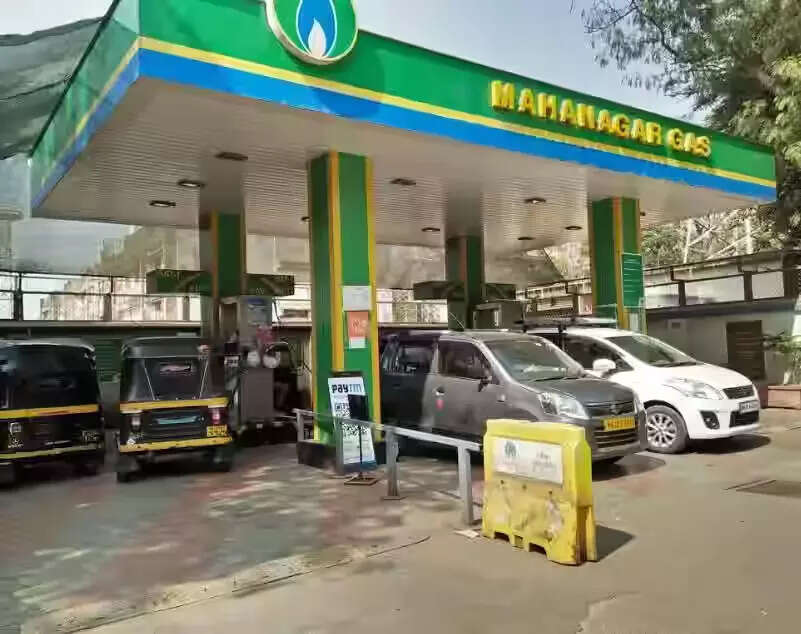
For every three diesel cars registered in Mumbai, there are two CNG cars and one electric car hitting the roads daily.
This was revealed following the transport department’s statistical analysis of private car and two-wheeler registrations for various fuel categories in the past two financial years.
If combined, CNG and electric car registrations in Mumbai under the “clean fuel category”, they were up to 2% more than the “polluting” diesel cars for 2021-22 and 2022-23 and the trend continues during five months of this financial year as well. This shows that private car buyers are slowly warming up to environmentally- friendly vehicles, whose registrations also went up by 5% and 8% for CNG and electric cars, respectively, in 2022-23.
Amar Jatin Sheth, national treasurer for the Federation of Automobile Dealers Associations (FADA), said: “What has led to the shift is that manufacturers have not got newer models with diesel as an option. By choice, there is a limitation for the car buyer. For a diesel car, there could be higher costs — as manufacturers will have to adhere to the revised emission norms and invest a lot more in R&D and technology.” Nearly three years ago, a few leading automobile companies also withdrew production of diesel cars less than 1.5-litre capacity after BS-6 norms were introduced and it was “not financially viable” for some companies.
Sachin Gawde chief general manager (sales) at Velox motors said that in Mumbai, the first preference was for “petrol cars, preferably with automatic transmission” — maximum registrations of these vehicles lately across all models. The transport data showed that in the past two years, a maximum of petrol cars were registered in SoBo and other parts of the island city. This was followed by areas between Bandra and Jogeshwari where buyers preferred petrol.
“In Metro cities, petrol was always popular and well accepted because distances were not large,” Sheth said, adding that in the case of electric, the rise in registrations in recent months was also due to range anxiety decreasing.
“I gave up my diesel car this month and purchased a new electric SUV on August 23 which gives me a range of over 450 km for a single charge. It’s amazing to own an environmentally-friendly vehicle whose running and maintenance costs are low,” said Nitin Dossa from the Western India Automobile Association. “Yes, there is a shift towards green fuel and for the good of all, with a reduction in carbon emissions,” he said.
The statistics for clean fuel showed the maximum CNG cars registered in the eastern suburbs of Mumbai while the island city was on the top when it came to the registration of electric cars.
In two-wheelers, there was a 21% growth in petrol-run bikes in 2022-23, while at the same time, e-bikes saw a jump from an average registration of 344 e-bikes per month to 680 e-bikes per month in a year. The analysis revealed that riders from far-flung western suburbs between Goregaon and Dahisar were at the forefront of purchasing new electric scooters.
Many housing societies have now expedited permissions for residents (within a week) to have their own charging points so that they can buy a new electric car or two-wheeler, said an EV expert. Power companies are also encouraging consumers to go for such connections at rationalised rates of INR 7.25 per unit, which is cheaper by a rupee per unit when you charge during non-peak hours. “There are several public and private charging stations coming up across the city, and at my home, it will cost me around one rupee per km for charging,” Dossa added.
A motorist, who regularly drives to Satara told Mumbai Mirror: “Many like me have switched to petrol-CNG duo option. When I go on longer rides, CNG gives me better mileage and savings. I have to switch to petrol occasionally during bumper-to-bumper traffic within Mumbai,” he said.
Added Gawde: “Electric is a novel segment, but there are buyers who will spend anywhere between INR 15 lakh to over a crore rupees (imported brand).” Experts said it will take some time for the e-vehicle population to grow as infrastructure improves and both public and private charging stations come up in a big way across MMR. The power utilities plan 1,500 new charging stations across the region.

